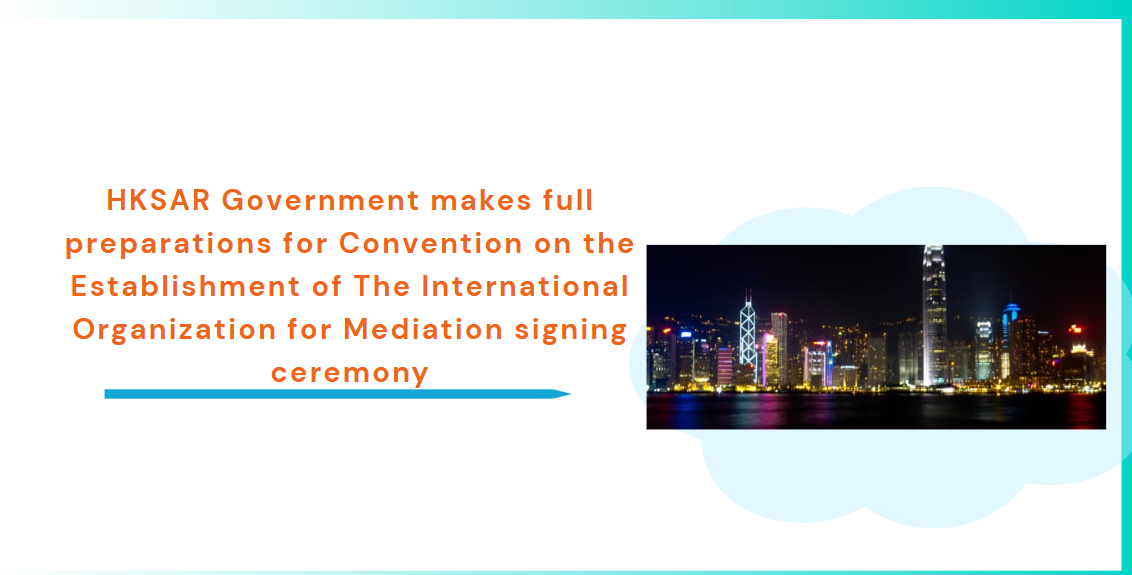AXA Leads Wave of Corporate Relocations as Hong Kong Launches Re-Domiciliation Regime
In a strategic move underscoring Hong Kong’s ambitions to reassert itself as a regional insurance and financial center, French insurance giant AXA has become one of the first companies to apply under the city’s newly launched corporate re-domiciliation regime. The new legislation, which took effect on May 27, 2025, allows foreign-incorporated companies to shift their legal domicile to Hong Kong without dissolving their original entities — a shift that eliminates the need for protracted and expensive court proceedings.
AXA’s Hong Kong and Macau operations confirmed plans to relocate AXA China Region Insurance Company (Bermuda) Limited from Bermuda to Hong Kong. The company cited the benefits of streamlined compliance and stronger integration with Hong Kong’s financial infrastructure as key motivations.
Christopher Hui, Hong Kong’s Secretary for Financial Services and the Treasury, framed the development as a timely response to “sticky uncertainties” in global regulatory environments, emphasizing that the city’s adherence to the rule of law and its robust financial ecosystem make it a reliable jurisdiction for international corporates seeking operational stability.
“In today’s geopolitically and economically uncertain climate, Hong Kong offers a safe harbor defined by predictability and strong legal safeguards,” said Hui.
A Legal Gateway for Global Corporates
Passed by the Legislative Council on May 14, the Companies (Amendment) (No. 2) Bill 2024 introduces a legal framework that permits foreign companies — particularly those already operating in Hong Kong — to seamlessly migrate their incorporation status. According to the Companies Registry, applications that are complete and compliant can be processed in as little as two weeks.
Crucially, the regime also provides a bespoke path for regulated sectors. Non-Hong Kong-incorporated authorized insurers (AIs), holding companies of AIs, and approved money brokers must undergo a pre-assessment process with the Independent Insurance Authority (IA) or the Hong Kong Monetary Authority before applying to re-domicile.
The IA has publicly endorsed the move, positioning it as a catalyst for the city’s ambition to become a leading global insurance hub.
“The Amendment Bill is eagerly awaited by authorized insurers incorporated outside Hong Kong but with a prominent local presence,” said Clement Cheung, CEO of the Insurance Authority. “It reflects the strength and appeal of our market, especially within the Guangdong-Hong Kong-Macao Greater Bay Area.”
Regulatory Reform Meets Strong Market Fundamentals
The timing of this reform coincides with a robust performance in Hong Kong’s insurance sector. According to preliminary data from the Insurance Authority:
The long-term insurance segment reported HK$637.8 billion in gross premiums for 2024.
New office premiums excluding retirement products hit HK$219.8 billion, a 21.4% year-on-year increase.
Mainland Chinese policyholders contributed HK$62.8 billion in new premiums, underlining cross-border demand.
Meanwhile, the general insurance sector recorded HK$100.5 billion in gross written premiums and HK$8.1 billion in operating profit, with property and liability insurance driving most of the underwriting gains. Reinsurance also played a stabilizing role, bringing in HK$49 billion in inward premiums and HK$2.1 billion in underwriting profit.
Looking ahead, GlobalData projects a 5.1% CAGR in Hong Kong’s general insurance market through 2029, with gross written premiums expected to reach HK$85.4 billion (US$10.9 billion). This aligns closely with 2025 forecasts of HK$69.9 billion, excluding inward reinsurance — a signal of sector resilience and the stabilizing impact of regulatory modernization.
What This Means for International Stakeholders
For foreign insurers, reinsurers, and diversified financial institutions, the re-domiciliation regime offers more than legal convenience — it provides a strategic foothold in a financial system deeply connected with mainland China yet operating under distinct regulatory and legal parameters. The city’s connectivity within the Greater Bay Area further enhances its appeal, particularly for firms eyeing cross-border business opportunities.
From a compliance and governance perspective, relocating to Hong Kong can help firms align with emerging global standards, particularly in ESG and solvency regulation, while avoiding the volatility and fragmentation of less mature jurisdictions.
Moreover, the speed of the Companies Registry’s approval process — with a two-week turnaround once complete documentation is submitted — significantly reduces the regulatory friction that often accompanies cross-border corporate restructuring.





















































First, please LoginComment After ~